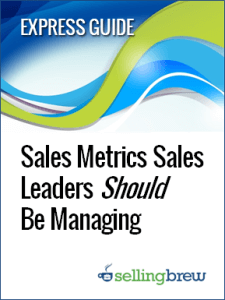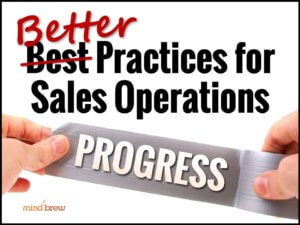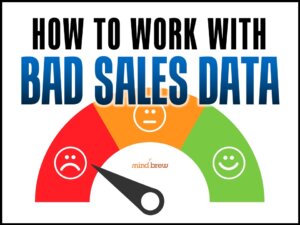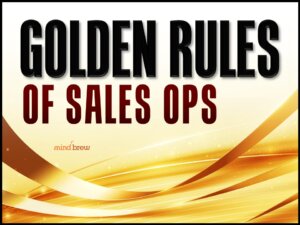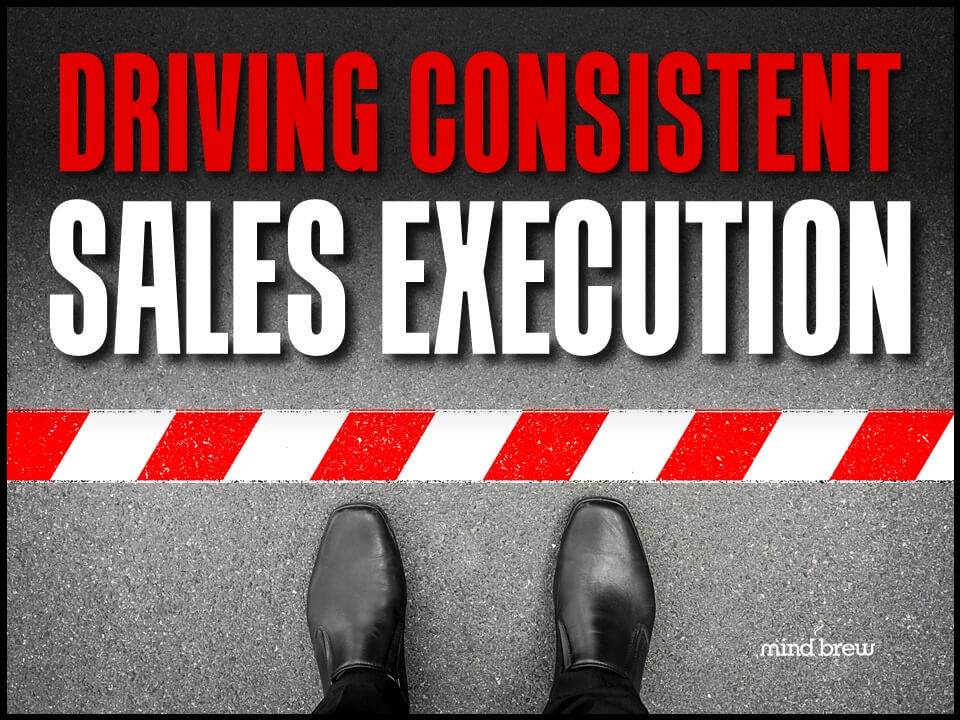In an interview entitled, “A Better Way to Manage by the Metrics,” Jason Jordan discusses his research into the three different categories of sales measures, how they work together, and how they can and should be used to drive sales performance.
One of the many findings and insights that Jason shares in the interview is about the “manageability” of the various sales metrics that companies tend to monitor and report. And along the way, he makes a compelling case that while measures such as revenue attainment are good to know, they are ultimately unmanageable.
That’s right…sales revenue is unmanageable…as in, there’s nothing you can do about it…at least not directly.
As Jason points out, if something like revenue could actually be managed, then every sales rep in the world would hit their quota. Sales managers would just say, “Hey, I need you to generate X million dollars this year,” and it would happen.
We all know that it just doesn’t work that way…yet, we continue to pretend that it does.
We continue to beat the drum about the revenue targets…as though our salespeople just aren’t aware of the goals they’re expected to hit. (They are.) And we continue to point to the projected shortfalls…as though our salespeople aren’t acutely aware of their projected paychecks. (They are.)
In the interview, Jason suggests that the only things that are truly within our direct control and influence are sales activities. For example:
- We don’t have direct control over the sales revenue metric (customers do), but we do have direct control over how many sales calls our salespeople are making.
- We don’t have direct control over the customer attrition metric (customers do), but we do have control over the frequency of contact with our existing customers.
- We don’t have direct control over our market share measures (customers do), but we do have direct control over how much sales coverage we put in the field.
It can be liberating to focus our energies on managing the metrics we can directly control and influence—confident in the knowledge that doing so will positively affect the metrics that are ultimately unmanageable.
Of course, the challenge lies in identifying the sales activities that will actually generate the results we’re seeking. But in the interview, Jason also shares a number of ideas and tips on that front as well.


